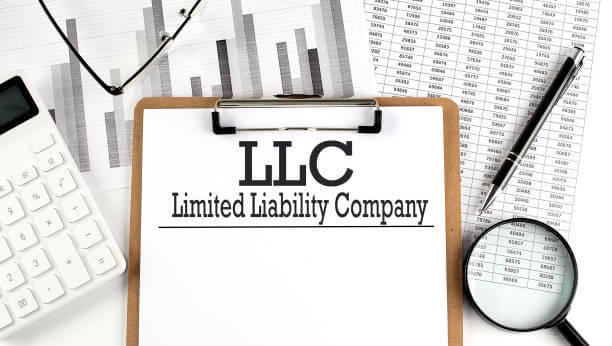LLC stands for Limited Liability Company. Often times when you begin researching how to start a business, someone may recommend starting an LLC. It isn’t bad advice and the primary reason is because an LLC can protect you to a certain extent. An LLC shares characteristics between a corporation and a partnership or sole-proprietorship. The “limited liability” is the feature it shares with a corporation and pass-through income taxation is what it shares with a partnership or sole-proprietorship.
Advantages of a Limited Liability Company
One reason many turn to an LLC is due to its flexibility. There are numerous advantages to forming an LLC to include:
- Choose how to be taxed as: a sole proprietor, partnership, S corp, or C corp.
- You and partners are protected to a certain extent from the LLC’s liabilities.
- Less administration and record keeping as compared to a corporation.
- Can be run by one person.
- Easy to set-up and maintain.
Disadvantages of a Limited Liability Company
Although the advantages are many, there are some disadvantages to consider as well:
- Harder to raise financial capital from investors.
- Some states require a franchise tax or capital values tax on LLCs.
- Some states have high renewal fees.
- You’re not 100% protected from the LLCs debts – some creditors place loan liability on the owner(s).
Starting an LLC may be beneficial but the only way to know for sure is to do more research and ask questions from professionals such as an accountant or lawyer. Your local library should have plenty of books which talk about the various types of business entities that exist. However, seeking professional advice is probably the best way to go.
Now a days you can start your LLC easily over the internet. LegalZoom.com is one such place. Also keep in mind the fees and taxes that your state may require. Every state is different in how they view an LLC.

